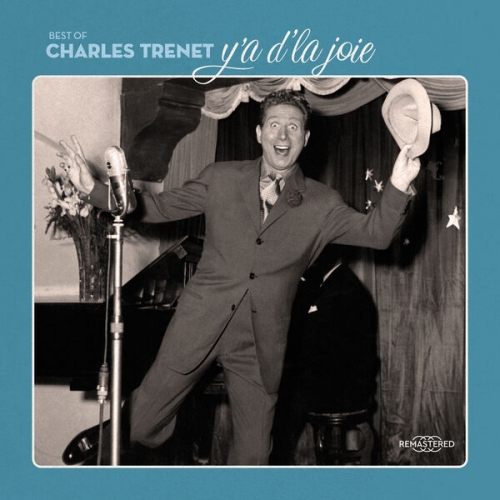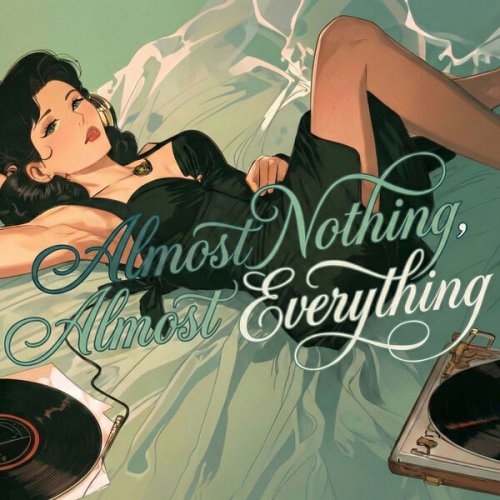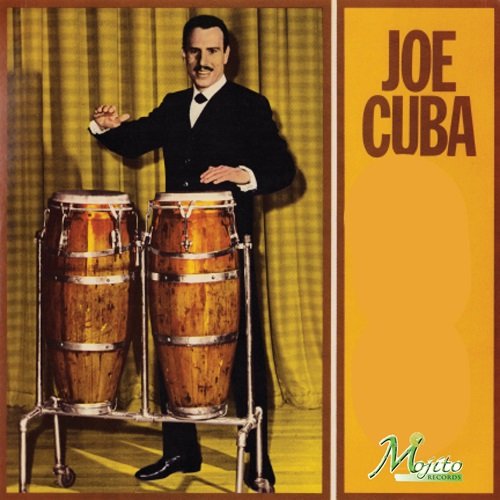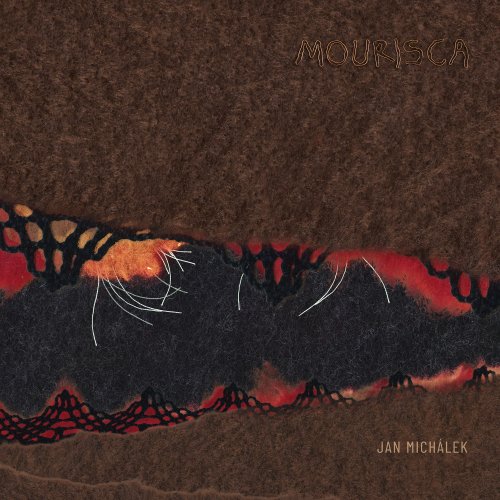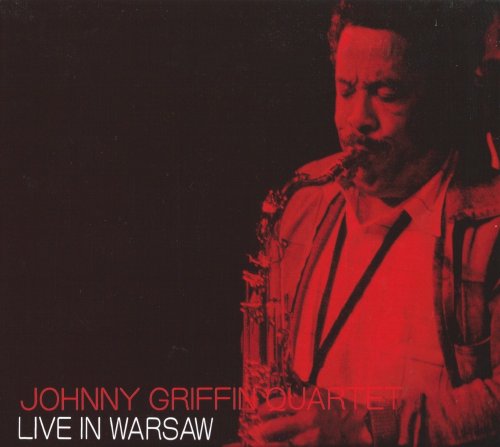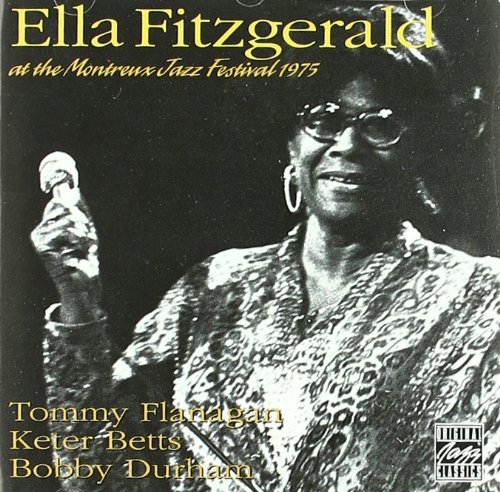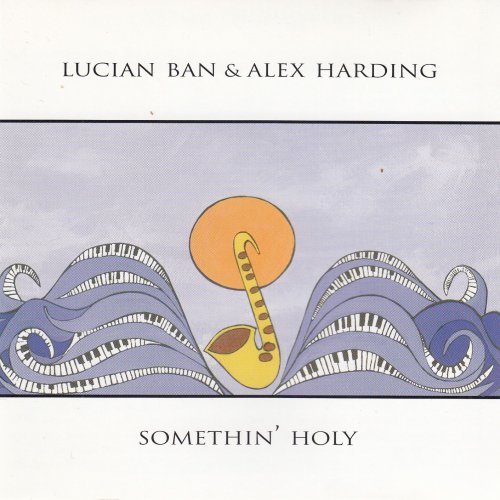Reinbert De Leeuw & Schoenberg Ensemble - Louis Andriessen: Writing To Vermeer (2006)
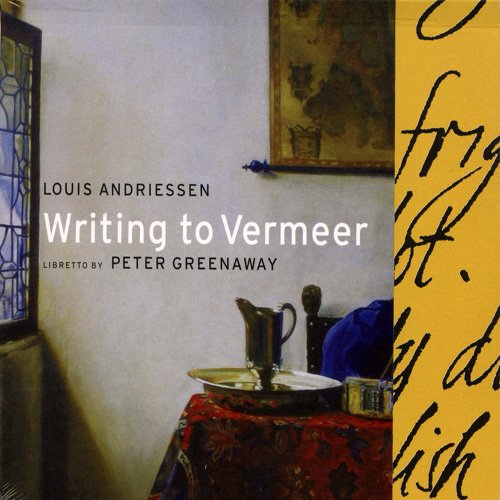
Artist: Reinbert De Leeuw, Schoenberg Ensemble, ASKO Ensemble, Susan Bickley, Barbara Hannigan, Susan Narucki
Title: Louis Andriessen: Writing To Vermeer
Year Of Release: 2006
Label: Nonesuch
Genre: Classical
Quality: FLAC (tracks + .cue, log, artwork)
Total Time: 01:41:45
Total Size: 521 MB
WebSite: Album Preview
Tracklist:Title: Louis Andriessen: Writing To Vermeer
Year Of Release: 2006
Label: Nonesuch
Genre: Classical
Quality: FLAC (tracks + .cue, log, artwork)
Total Time: 01:41:45
Total Size: 521 MB
WebSite: Album Preview
CD 1:
1. Scene 1 [16:00]
2. Scene 2 [15:23]
3. Scene 3 [19:13]
CD 2:
1. Scene 4 [18:16]
2. Scene 5 [14:35]
3. Scene 6 [18:20]
One of the last operas produced in the twentieth century was Louis Andriessen's Writing to Vermeer, premiered at the Netherlands Opera on December 1, 1999. It is a handsome production indeed, with libretto and gigantic film projection components by Peter Greenaway and bursts of electronic music contributed by Michel van der Aa. However, all things opera move slowly in the twenty first century, and it has taken a little over six years for Nonesuch to deliver the first recording of the work, Louis Andriessen: Writing to Vermeer. To be fair, this specific recording was not taken from the premiere performance, but from a revival given at Amsterdam in 2004; the U.S. premiere of Writing to Vermeer was presented at Lincoln Center in 2000.
Divided into six scenes, this opera depicts three women close to seventeenth century Dutch Master Johannes Vermeer writing letters to him from his household in Delft, as he is away in The Hague on business. Women writing letters, in addition to doing household chores, practicing music, and other mundane tasks constitute the imagery we most readily associate with Vermeer the painter, and it was this aspect of Vermeer's visual style that Greenaway and Andriessen sought to evoke in Writing to Vermeer. Another hallmark of Vermeer's painting is a subtle lack of drama, and in Writing to Vermeer "drama" is supplied by way of the interruption of external events -- political assassinations, the invasion of Holland by French forces, and finally, the flooding of Delft as a measure to stall the French invasion, which literally washes all of the characters and action away. For Andriessen and Greenaway the parts dealing with domestic life, children and the daily activities of the good Dutch hausfrau are the key elements of this work. To the composer and librettist's chagrin, the external layer of events has dominated the discussion of Writing to Vermeer among critics and most audiences, with its unstated implication that if Vermeer had been there, he might have found a way to stave off these disasters, at least in his own household. This conflict of interpretation may not be resolved anytime soon.
No matter what the controversy, Writing to Vermeer was one of the most completely controlled multimedia environments presented on the opera stage until now, and a mere recording of the music hardly does it justice -- one can argue that even a good DVD couldn't truly capture the experience of seeing it live. The style and sound of Andriessen's music falls somewhere between de Materie and de Staat -- it is not as dense as the former nor as rhythmically intense as the latter, and some of the instrumental texture even approaches a kind of lyric romanticism, albeit stated within the locus of Andriessen's usual modal/bitonal hybrid. The electronic segments by Michel van der Aa are excellent -- he has a masterful control of the technique of moving sound collages through space. One wonders why Andriessen, who long ago made some expert forays into electronic music himself, decided to outsource these segments, but it is undoubtedly for the better. The set comes with a 58-page-book containing the libretto, which one will want, as even though Writing to Vermeer is sung in English, that does not guarantee that all of its text is clearly comprehensible, even though the quality of the recording is outstanding. Writing to Vermeer is such a rich and complex work, chances are the listener will not "get it" on the first hearing, and it gets off to a slow start. Repeated listening, and time taken to concentrate fully on Writing to Vermeer, will reveal its many virtues. -- Uncle Dave Lewis
Divided into six scenes, this opera depicts three women close to seventeenth century Dutch Master Johannes Vermeer writing letters to him from his household in Delft, as he is away in The Hague on business. Women writing letters, in addition to doing household chores, practicing music, and other mundane tasks constitute the imagery we most readily associate with Vermeer the painter, and it was this aspect of Vermeer's visual style that Greenaway and Andriessen sought to evoke in Writing to Vermeer. Another hallmark of Vermeer's painting is a subtle lack of drama, and in Writing to Vermeer "drama" is supplied by way of the interruption of external events -- political assassinations, the invasion of Holland by French forces, and finally, the flooding of Delft as a measure to stall the French invasion, which literally washes all of the characters and action away. For Andriessen and Greenaway the parts dealing with domestic life, children and the daily activities of the good Dutch hausfrau are the key elements of this work. To the composer and librettist's chagrin, the external layer of events has dominated the discussion of Writing to Vermeer among critics and most audiences, with its unstated implication that if Vermeer had been there, he might have found a way to stave off these disasters, at least in his own household. This conflict of interpretation may not be resolved anytime soon.
No matter what the controversy, Writing to Vermeer was one of the most completely controlled multimedia environments presented on the opera stage until now, and a mere recording of the music hardly does it justice -- one can argue that even a good DVD couldn't truly capture the experience of seeing it live. The style and sound of Andriessen's music falls somewhere between de Materie and de Staat -- it is not as dense as the former nor as rhythmically intense as the latter, and some of the instrumental texture even approaches a kind of lyric romanticism, albeit stated within the locus of Andriessen's usual modal/bitonal hybrid. The electronic segments by Michel van der Aa are excellent -- he has a masterful control of the technique of moving sound collages through space. One wonders why Andriessen, who long ago made some expert forays into electronic music himself, decided to outsource these segments, but it is undoubtedly for the better. The set comes with a 58-page-book containing the libretto, which one will want, as even though Writing to Vermeer is sung in English, that does not guarantee that all of its text is clearly comprehensible, even though the quality of the recording is outstanding. Writing to Vermeer is such a rich and complex work, chances are the listener will not "get it" on the first hearing, and it gets off to a slow start. Repeated listening, and time taken to concentrate fully on Writing to Vermeer, will reveal its many virtues. -- Uncle Dave Lewis
